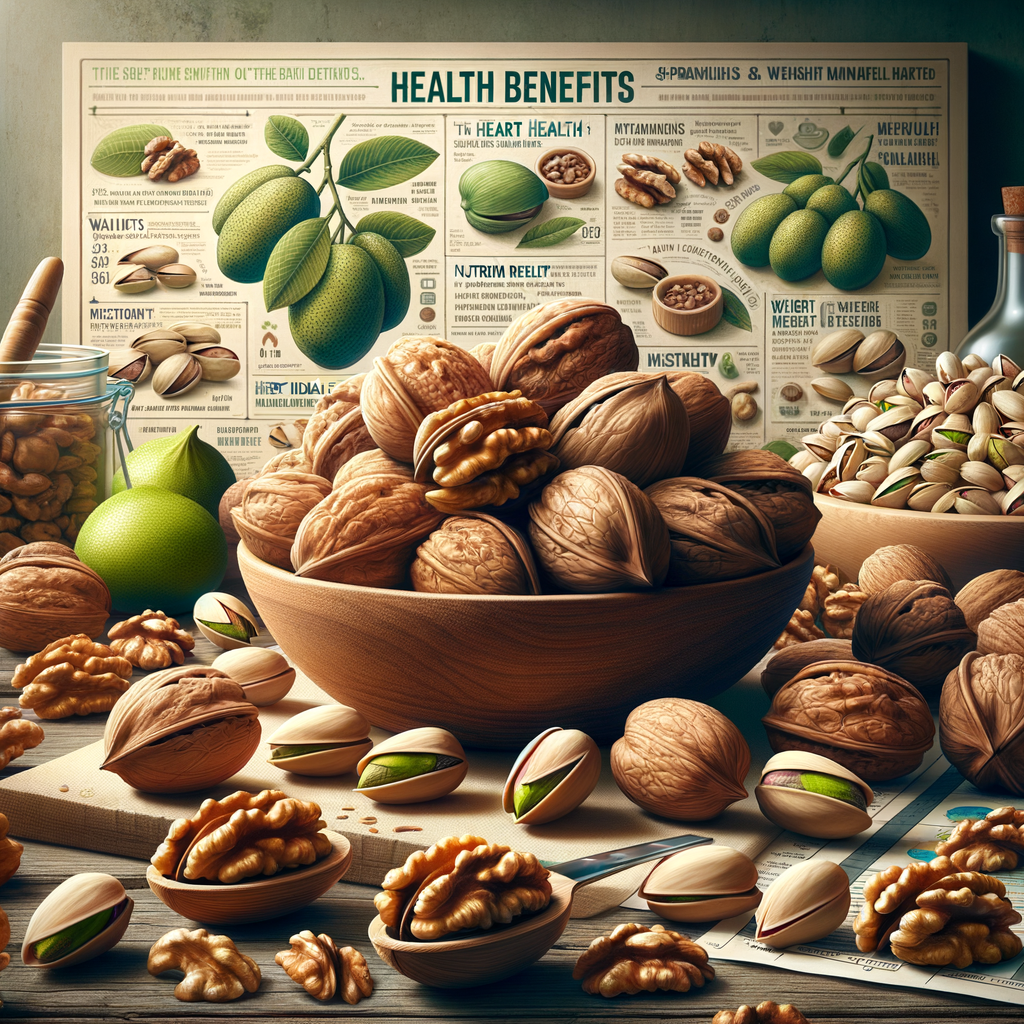A Comprehensive Guide to Supplements, Home Remedies, and Diet for Optimal Health
This blog post aims to provide an in-depth exploration of three essential components for achieving and maintaining optimal health: supplements, home remedies, and dietary choices. Each section will delve into the critical aspects of these elements, offering actionable insights to improve your overall health and wellbeing.
Understanding Supplements
Supplements have surged in popularity as individuals seek to fill nutritional gaps in their diets. While they can be beneficial, it is crucial to navigate this world with knowledge and caution.
What Are Supplements?
Supplements are products intended to add nutritional value to your diet. They can come in various forms, including:
- Pills and Capsules: Common forms of vitamins and minerals.
- Powders: Often used for protein or other nutrients.
- Liquids: Easier for children or those who have difficulty swallowing.
Types of Supplements
Understanding the various types can help you make informed choices. Here are some popular categories:
- Vitamins: Essential for various bodily functions (e.g., Vitamin C for the immune system).
- Minerals: Important for bone health and metabolic processes (e.g., Calcium and Magnesium).
- Herbal Supplements: Plant extracts that support health (e.g., Echinacea for colds).
- Protein Supplements: Used for muscle recovery and growth (e.g., Whey protein).
Home Remedies for Everyday Ailments
Home remedies offer natural and often effective solutions for various health issues. Unlike pharmaceuticals, these treatments often utilize common ingredients you can find in your kitchen.
Benefits of Home Remedies
One of the main advantages of home remedies is their accessibility. They often involve:
- Cost-effectiveness: Most remedies use affordable, household ingredients.
- Fewer side effects: Natural ingredients tend to be gentler on the body.
- Cultural relevance: Many remedies are rooted in traditional practices.
Popular Home Remedies
Here are some well-known home remedies to consider:
- Honey and Lemon for Sore Throats: A soothing mix that helps alleviate discomfort.
- Ginger Tea for Nausea: Known for its anti-nausea properties, ginger tea can settle upset stomachs.
- Apple Cider Vinegar for Digestion: Often used as a tonic to aid digestion when diluted in water.
The Importance of a Balanced Diet
A well-rounded diet is pivotal for maintaining health. It provides the necessary nutrients your body needs to function optimally.
Components of a Balanced Diet
Your diet should include a mix of food groups, such as:
- Fruits and Vegetables: Aim for a variety of colors to maximize nutrient intake.
- Whole Grains: Such as brown rice and oats, which provide fibre and energy.
- Protein: Incorporate lean meats, fish, or plant-based sources like legumes.
- Dairy: Opt for low-fat or fat-free options to meet calcium needs.
Practical Tips for Healthy Eating
To make healthier dietary choices, consider the following tips:
- Meal Planning: Preparing meals in advance can prevent unhealthy choices.
- Stay Hydrated: Water plays a critical role in overall health.
- Mindful Eating: Pay attention to portions and eat slowly to enhance satisfaction.
Conclusion
In conclusion, adopting a holistic approach to health through supplements, home remedies, and a well-balanced diet can significantly enhance your overall wellbeing. By understanding these components and how they interrelate, individuals can make informed choices that foster better health.
As always, consult with a healthcare professional before making significant changes to your health regimen, particularly regarding supplements and home remedies. Knowledge is the key to optimizing your health and leading a fulfilling life.
There you have it… See what works for you…
Campbell M Gold
To Create Health, Wealth, Success, and Longevity through the Power of Your Subconscious Mind, Visit: Campbell M Gold.com
Visit The Store and see what else can be of help











